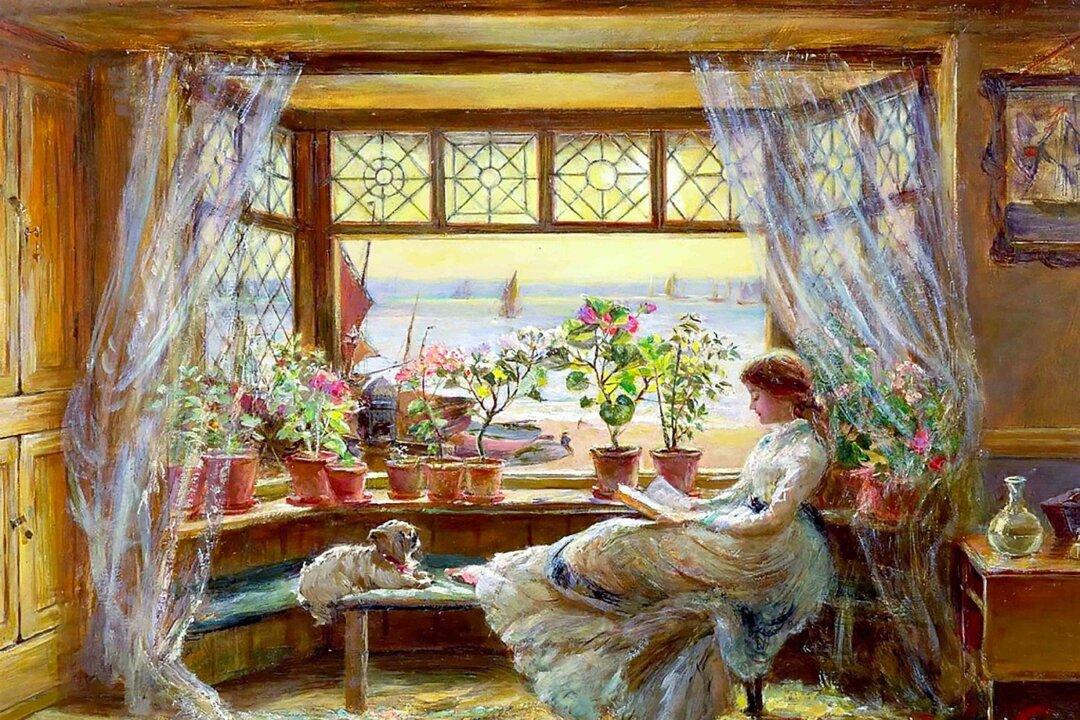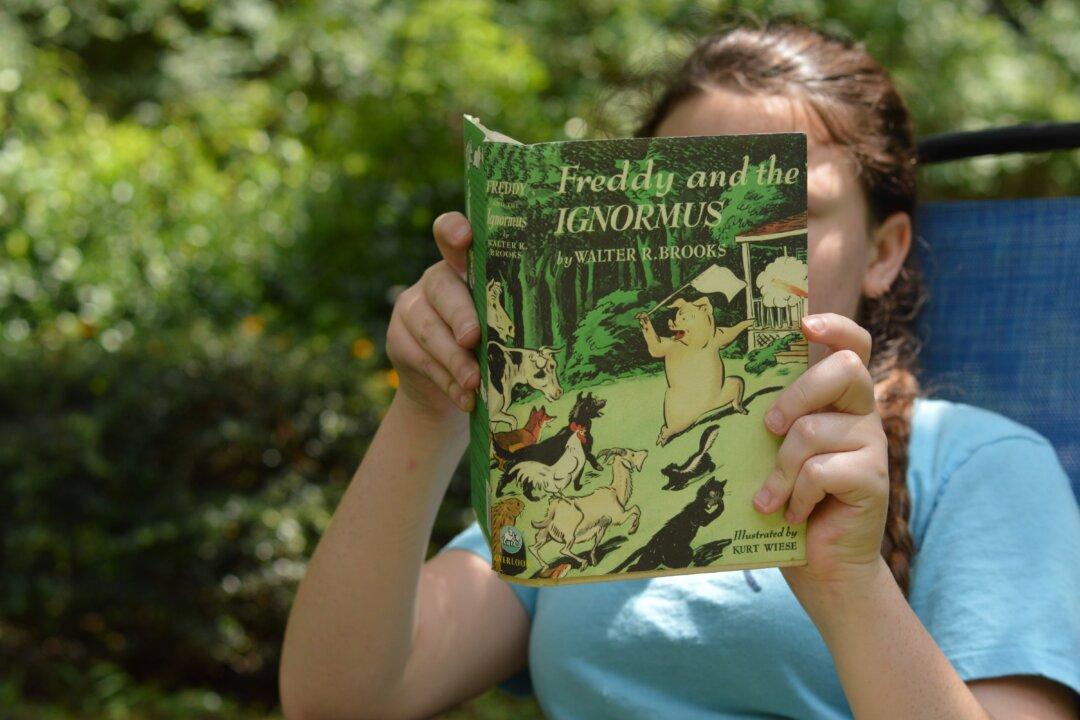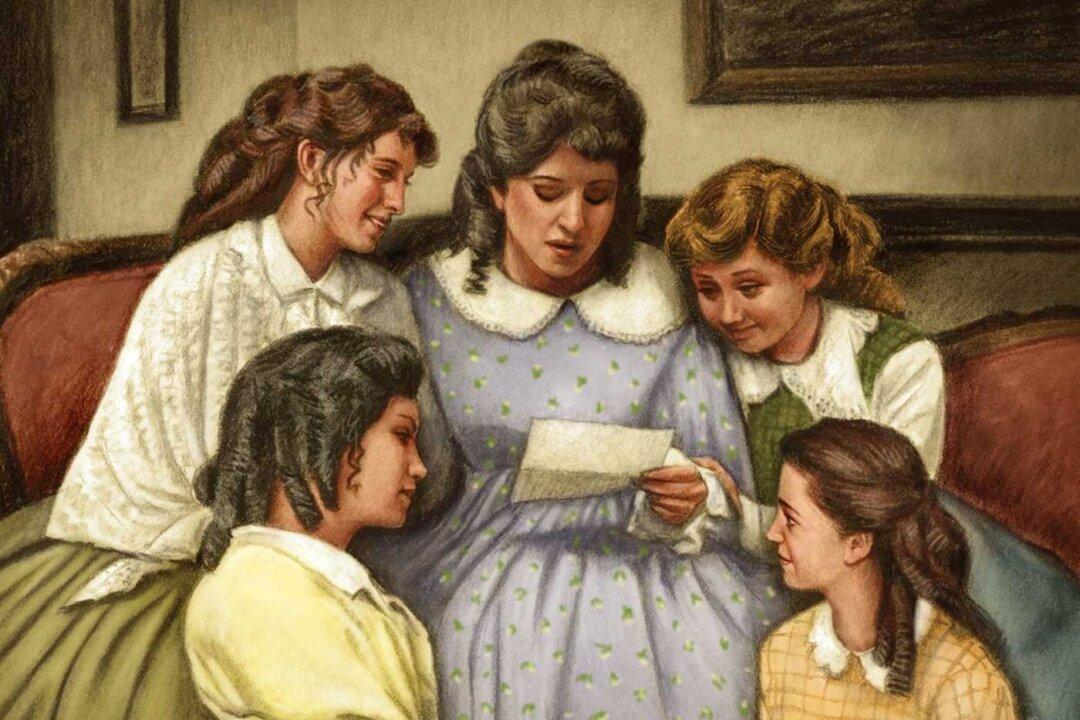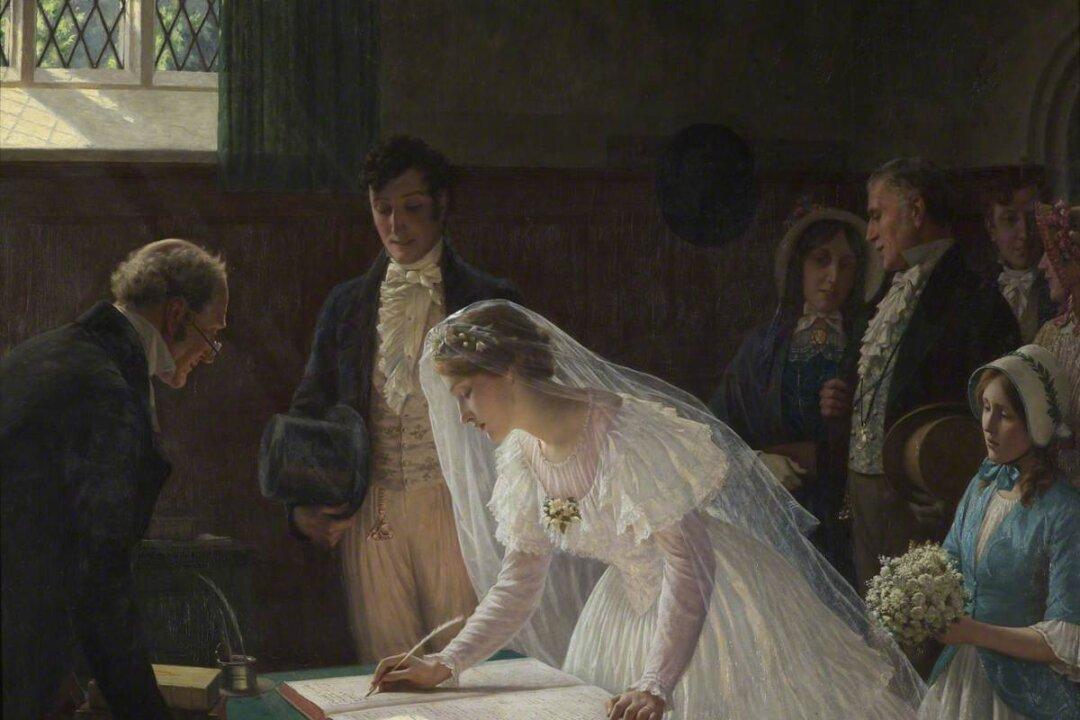Anyone, at any age, can become a lover of literature and will be a better and happier person for it. Take me, for instance. “Literaphilia” didn’t hit me until after I graduated from college.
I’m not proud of it, but television inspired me to become more well-read. I don’t mean in the manner of Groucho Marx, who said, “I find television very educating. Every time somebody turns on the set, I go into the other room and read a book.” No, I was a more avid television-watcher than book-reader for most of my formative years. Nevertheless, somehow that path led me to an exuberant appreciation of good literature.





